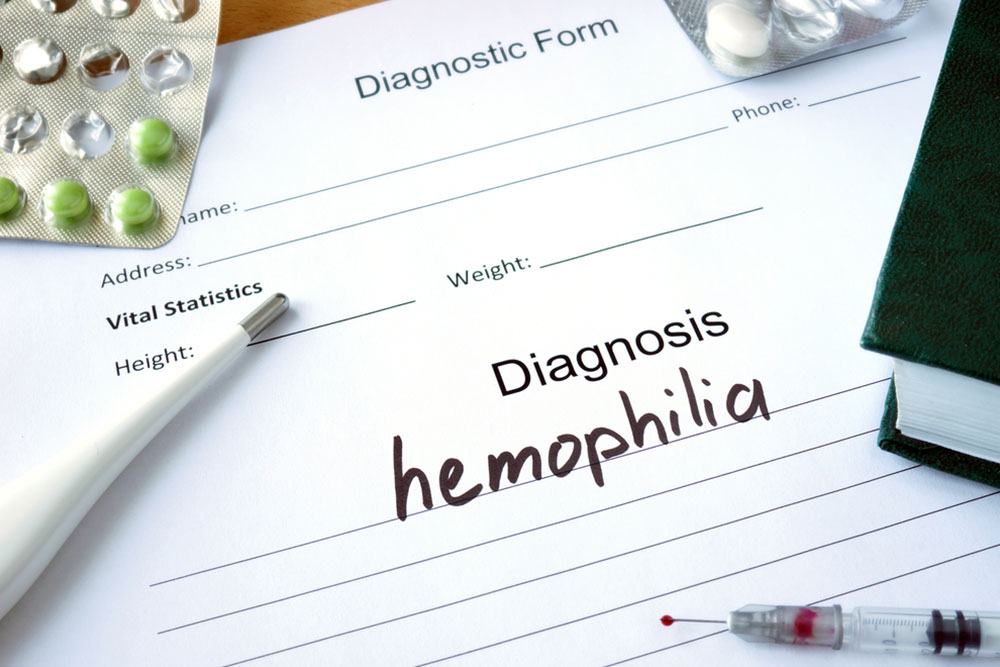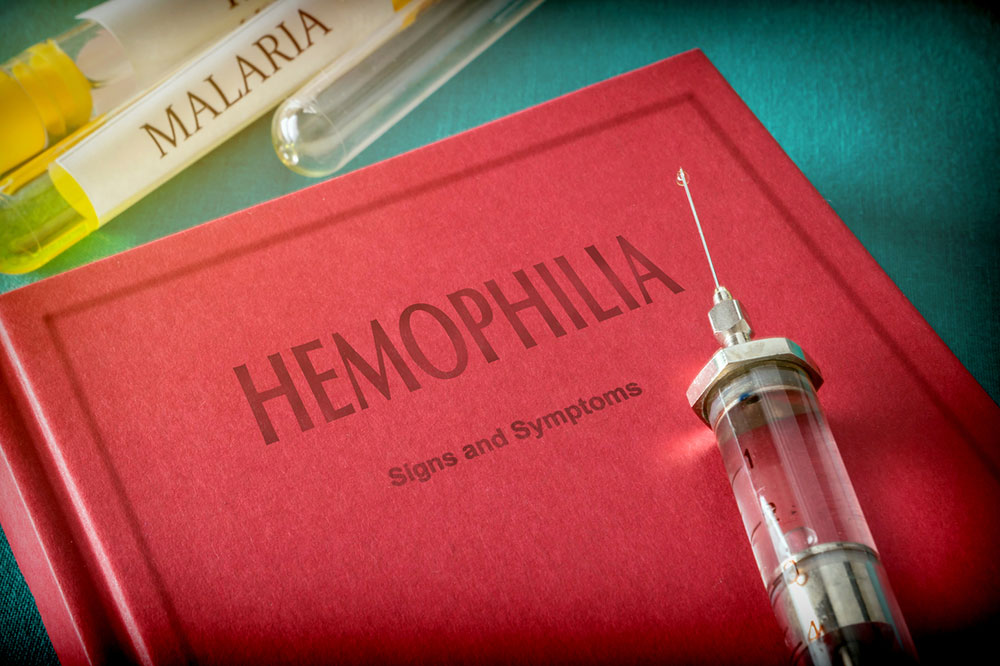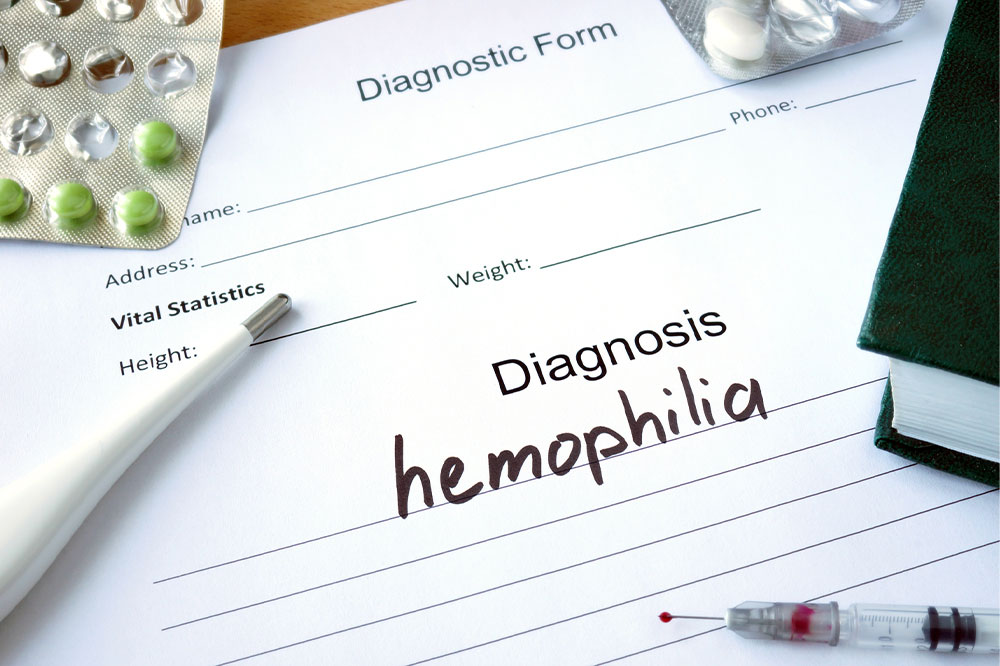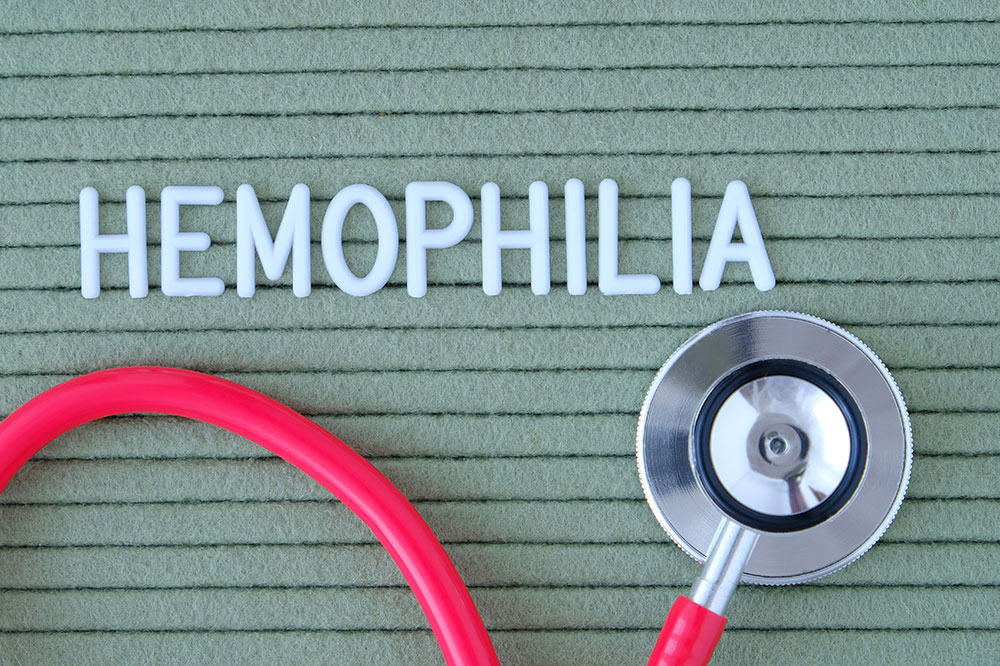Understanding Hemophilia: Key Symptoms and Treatments
Hemophilia is a genetic disorder affecting blood clotting. Early recognition of symptoms like excessive bleeding, internal hemorrhages, and joint issues is vital. Treatments such as AFSTYLA® help manage the condition effectively, reducing risks of severe bleeding and improving patients' quality of life. Consulting healthcare professionals ensures proper diagnosis and personalized management strategies for hemophilia.
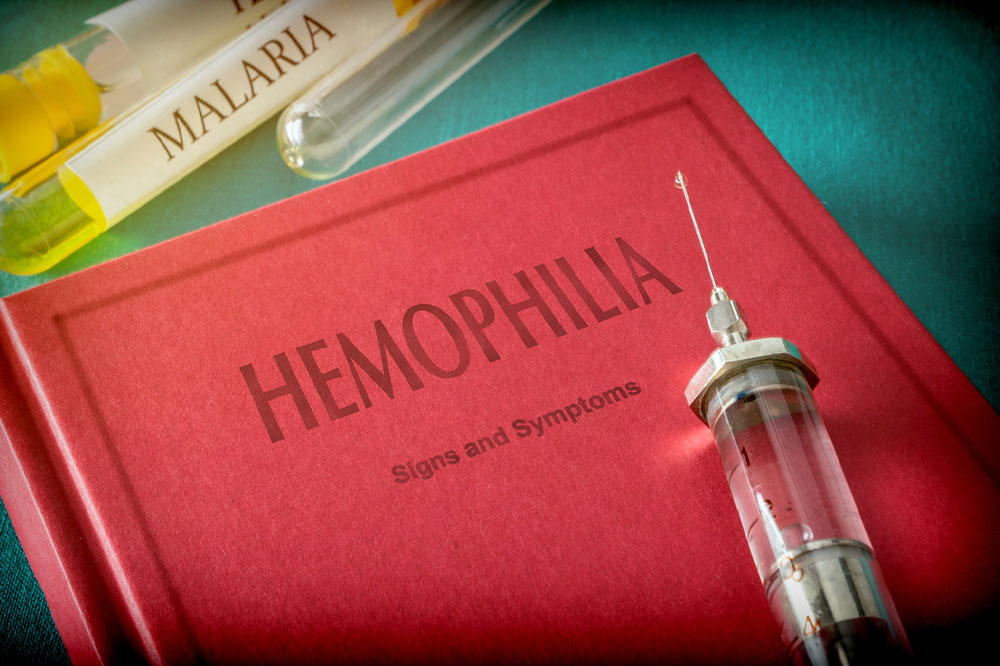
Understanding Hemophilia: Key Symptoms and Treatments
Hemophilia is a genetic bleeding disorder characterized by the body's inability to form proper blood clots due to a deficiency of clotting proteins. While minor injuries may not pose significant problems, severe trauma can lead to internal bleeding, which can be life-threatening. Recognizing early signs and symptoms is crucial for timely management. Effective treatments are available, including specialized medications, to control and prevent bleeding episodes. Awareness about hemophilia helps individuals seek prompt medical attention and reduce complications.
Signs of External Bleeding
Individuals with hemophilia may experience bleeding from unexpected areas or exhibit prolonged bleeding after cuts.A few indications include:
Bleeding from the mouth due to cuts, bites, or lost teeth.
Unusual or excessive bleeding from minor wounds.
Bleeding that resumes after a short period post-injury.
Signs of Internal Bleeding
This serious complication requires immediate medical attention. Symptoms may involve:
Blood appearing in stools, indicating gastrointestinal bleeding.
Blood in urine from kidney or bladder hemorrhages.
Large bruises from internal bleeding into large muscle groups.
Bleeding in Joints
Spontaneous internal bleeding may occur in joints such as elbows and knees, causing swelling and stiffness. Though initially painless, untreated bleeding can damage the joint tissue.Severe Bleeding in the Brain
Brain hemorrhages, often triggered by minor head injuries, pose significant risks. Symptoms include severe headaches, neck stiffness, vision problems, confusion, vomiting, and seizures. Prompt medical intervention is vital for favorable outcomes.Available Treatments
Medications like AFSTYLA® (Antihemophilic Factor, Recombinant, Single Chain) provide effective management by reducing bleeding episodes. Administered twice weekly, AFSTYLA® helps both children and adults control bleeds and manage surgical procedures. Proper treatment plans improve quality of life for those with hemophilia.

